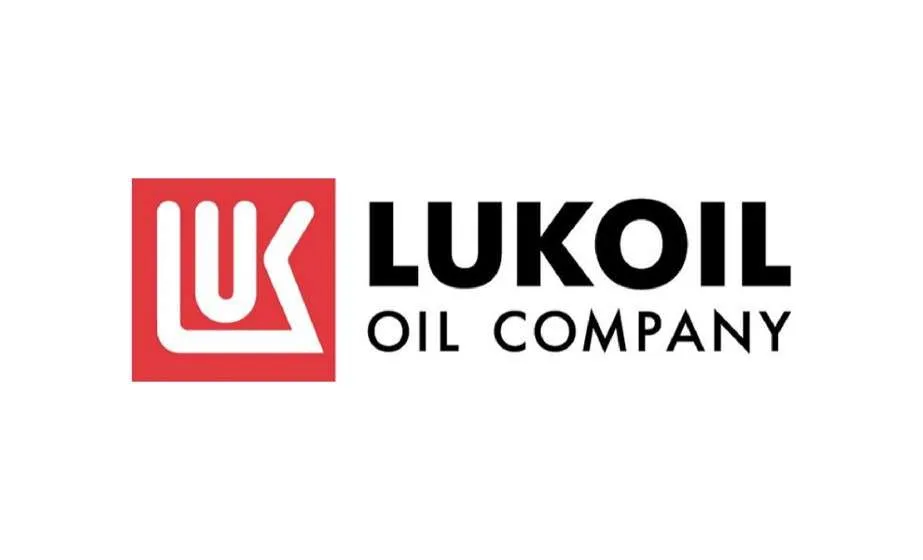The European Union is taking a firm stand against companies implicated in facilitating activities that bypass international sanctions, and one of the latest targets is Lukoil’s Dubai unit. The Russian oil giant is facing scrutiny for alleged links to a “shadow fleet,” a network of ships reportedly operating to circumvent global sanctions. The EU’s move comes amid mounting concerns over the illicit activities that allow sanctioned entities to continue trading and benefiting from restricted goods, including oil.
For the EU, this marks a significant escalation in the use of sanctions as a tool to hold companies accountable for enabling or profiting from activities that undermine international efforts to isolate Russia. This situation not only poses financial and legal risks for the involved companies but also highlights the growing importance of regulatory bodies in policing global trade.
What Is the “Shadow Fleet”?
The term “shadow fleet” refers to a network of ships that are often disguised or re-registered to avoid detection by international regulators and law enforcement. These ships are said to operate under the radar, enabling entities to evade sanctions designed to restrict trade with certain nations. In the case of Lukoil’s Dubai unit, this shadow fleet allegedly facilitates the shipment of Russian oil to various destinations, including countries that have imposed sanctions on Russia. The reports suggest that the Dubai-based subsidiary may have played a pivotal role in orchestrating these shipments.

While the exact details of the fleet remain somewhat murky, the alleged involvement of Lukoil’s Dubai unit has raised alarm bells within the EU. With Russia’s energy exports being a critical revenue stream, it’s no surprise that international sanctions focus heavily on disrupting oil sales. The growing suspicion that companies like Lukoil are using under-the-radar tactics to maintain trade with restricted nations could provoke stricter actions from international regulators.
EU’s Tougher Sanctions Regime
In recent months, the EU has been ramping up its efforts to enforce stricter sanctions on entities and individuals connected to Russia. This includes intensifying pressure on companies like Lukoil, whose activities may be undermining the effectiveness of those sanctions. The European Union has demonstrated a strong commitment to tightening the noose on Russian exports, particularly oil, which has been a critical target for the sanctions regime.

The EU’s consideration of sanctions on Lukoil’s Dubai unit marks a notable development in this ongoing effort. By targeting corporate structures based in jurisdictions that are perceived as more lenient, such as Dubai, the EU hopes to send a clear message that no company, regardless of its location, is beyond reach when it comes to compliance with international sanctions.

It remains to be seen how far the EU will go in its pursuit of Lukoil, but this marks a significant step in tightening sanctions enforcement across the board. It’s a reminder to businesses globally that the consequences of facilitating trade with sanctioned entities could be severe.
Lukoil’s Response and Potential Impact
As of now, Lukoil has denied any wrongdoing and has stated that it complies with all applicable regulations. The company’s Dubai unit is just one part of its global operations, and it will likely mount a defense against the allegations. However, the mounting international pressure on Russian companies since the invasion of Ukraine means that any association with sanctions-busting activities can have serious ramifications, both legally and reputationally.
The potential EU sanctions could have a significant impact on Lukoil’s operations in the Middle East, a key region for the company’s global business strategy. The Dubai unit, specifically, has been a major hub for the company’s international dealings, and any disruption to its activities could affect Lukoil’s ability to access critical markets.
For Dubai itself, this issue brings to light the city’s role as a nexus for global trade and its relationship with Russian companies. While Dubai has often positioned itself as a neutral party in geopolitical matters, the involvement of local companies in sanction-evading activities could complicate this image. The UAE, including Dubai, has consistently maintained that it would not enforce sanctions on Russia, but this new scrutiny could test that stance.
Global Implications: Will Other Countries Follow Suit?
The EU’s potential sanctions on Lukoil’s Dubai unit could have broader implications for international businesses engaged in similar activities. The EU has led the charge in imposing sanctions on Russia, but other Western countries, such as the United States, have also been targeting entities involved in sanction violations. If the EU moves forward with sanctions against Lukoil, other nations may follow suit, further complicating the company’s international operations.
For companies with global interests, this underscores the growing risks of operating in grey zones where sanctions enforcement is less stringent. The situation also highlights the need for greater transparency and vigilance in global trade, as illicit activities continue to be a challenge for regulators.
While the EU’s efforts to clamp down on sanction-busting schemes are gaining momentum, they also raise questions about the balance of power in international trade. As more countries adopt stricter policies, businesses that rely on grey-market operations may find it increasingly difficult to navigate these murky waters.
What’s Next for Lukoil?
For now, Lukoil’s Dubai unit remains under investigation, and the company faces an uncertain future. The potential EU sanctions could prove to be a game-changer, depending on how the investigation progresses. If Lukoil is found to have actively facilitated the shadow fleet’s operations, it could face heavy fines, asset freezes, and restrictions on its ability to do business in key markets.

The developments in this case are also likely to influence how other companies operating in similarly sensitive regions approach compliance with international sanctions. As the geopolitical landscape continues to shift, businesses will need to take a more proactive approach to ensure they aren’t unknowingly entangled in activities that could lead to major legal and financial consequences.
The EU’s increasing use of sanctions as a tool for global accountability is likely to continue to evolve, and companies worldwide must take note. With the threat of global enforcement looming larger, Lukoil’s experience could serve as a warning to others about the importance of adhering to sanctions and maintaining transparency in all international dealings.
Read More: Emaar Development Q1 Profit Jumps 39%, But Misses Estimates












